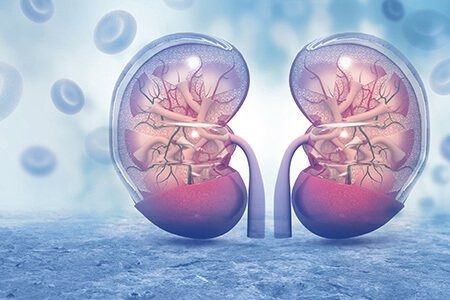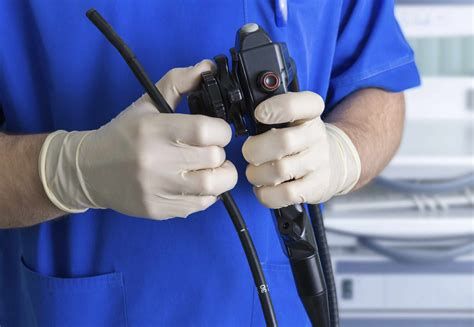Introduction
Our kidneys play a vital role in maintaining our overall health. They filter waste products from the blood, regulate blood pressure, and produce hormones that are essential for red blood cell production and bone health. When kidneys fail, these functions are compromised, leading to a build-up of toxins in the body. Dialysis is a life-saving treatment that performs these critical functions when the kidneys can no longer do so.

Dialysis is a process of removing waste products and excess fluid from the blood when the kidneys are unable to perform this function adequately. It serves as an artificial kidney, mimicking its filtering capabilities. This treatment is a lifeline for individuals living with kidney failure, offering them an opportunity to manage their condition and maintain their quality of life.
Types of Dialysis
There are two main types of dialysis: hemodialysis and peritoneal dialysis.
Hemodialysis
Hemodialysis involves diverting the patient's blood to an artificial kidney (dialyzer) outside the body, where it is filtered and cleansed. The cleansed blood is then returned to the body. This process typically takes place at a dialysis center three times a week, with each session lasting about four hours.
Peritoneal Dialysis
Peritoneal dialysis utilizes the lining of the patient's abdomen (peritoneum) as a natural filter. A special solution, called dialysate, is introduced into the peritoneal cavity through a catheter. Waste products and excess fluid pass from the blood into the dialysate, which is then drained and replaced with fresh solution. Peritoneal dialysis can be performed at home, offering patients greater flexibility and control over their treatment schedules.
Living with Dialysis
Living with dialysis requires significant adjustments to one's lifestyle. Patients need to adhere to strict dietary restrictions, limit fluid intake, and manage medications. Regular visits to healthcare providers are also essential to monitor progress and address any complications.
Despite these challenges, dialysis enables individuals with kidney failure to live fulfilling lives. They can continue working, participating in hobbies, and spending quality time with loved ones. Many patients on dialysis live for decades, thanks to advancements in treatment and the support of dedicated healthcare professionals.





